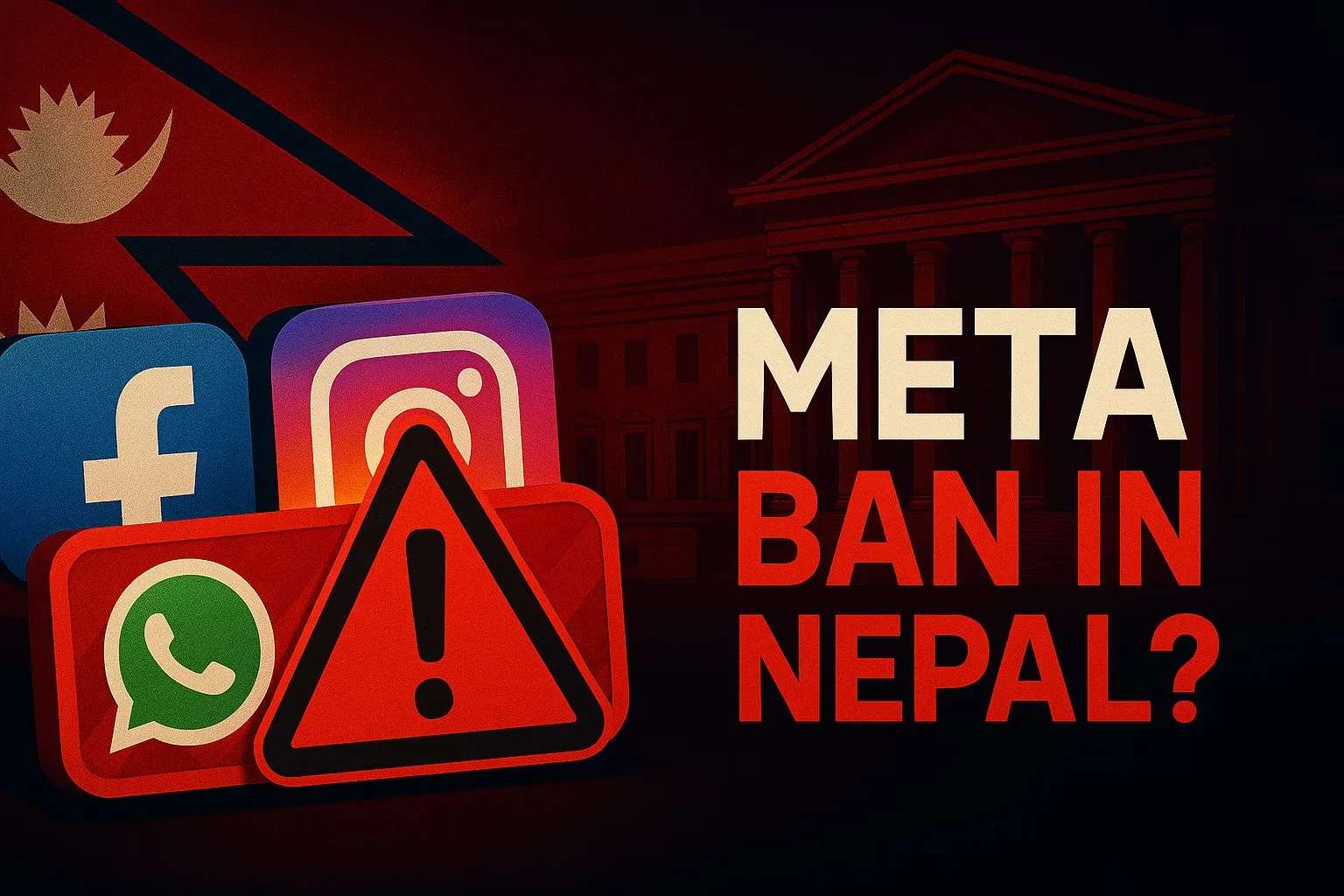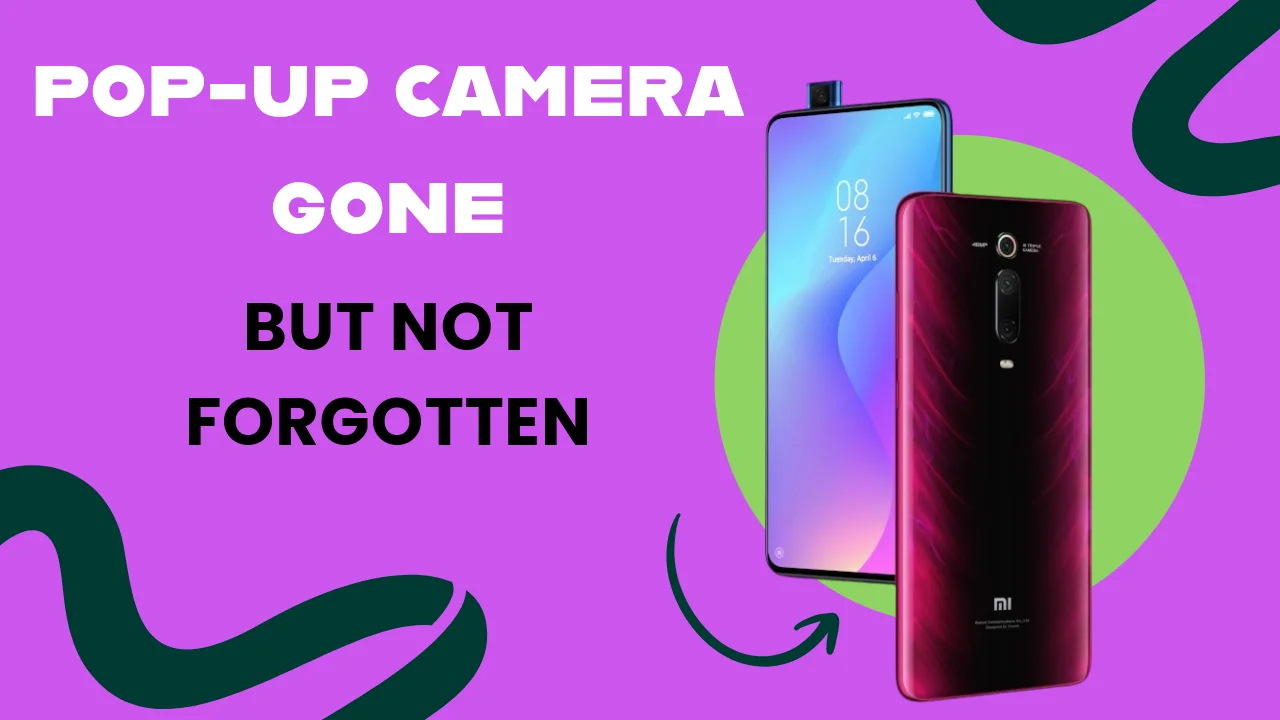Introduction to WhatsApp Privacy Issues and It’s Popularity and Ownership
WhatsApp, with over 2 billion users globally, is often considered a secure and convenient way to communicate. People trust it for personal chats, business messages, and everything in between. But today in this article I’m going to talk about WhatsApp privacy issues and what many don’t realize is that WhatsApp has been owned by Facebook—now Meta—since 2014. That same company you may distrust for its data practices also owns WhatsApp and Instagram.
The founders of WhatsApp originally envisioned a simple, private messaging tool. After its acquisition, however, the direction shifted, and privacy advocates have since raised red flags. Many users continue to separate WhatsApp from Meta in their minds—but they are deeply intertwined.
I already write a Post on this topic about WhatsApp Privacy Concerns Exposed so you can check it out!
Table of Contents
The Illusion of End-to-End Encryption
End-to-end encryption (E2EE) is WhatsApp’s golden badge. It claims no one—including Meta—can read your messages. This is one of the biggest WhatsApp privacy issues because the truth is a bit murkier.
While it’s accurate that WhatsApp uses the Signal encryption protocol—one of the most respected in the industry—that’s only part of the picture. Yes, your message content is encrypted in transit, but everything outside the message itself is still vulnerable.
Marketing often tells you, “No one can see your messages. Not even us.” That’s technically true—for the message body. But WhatsApp collects plenty of metadata around those messages, which can reveal just as much about you.
WhatsApp’s Metadata Collection: The Unseen Surveillance
Metadata refers to data about your communication, not the message itself. Think about who you talk to, when you talk, how long, and what groups you belong to. This information can reveal your social patterns, location habits, and group affiliations.
WhatsApp logs:
- Group names and members
- Account creation details
- Contact lists and call logs
- Online status and read receipts
- IP address and device info
Even without seeing your message text, Meta can build a detailed profile of your behavior. As some top U.S. officials have pointed out, “we kill people based on metadata.” That’s how powerful—and invasive—it can be.
Cloud Backups: The Hidden Security Hole
WhatsApp’s E2EE doesn’t extend to backups by default. That means if your messages are backed up to Google Drive or iCloud, they may be stored unencrypted, exposing sensitive content.
Worse still, if even one person in a chat doesn’t enable encrypted backups, the whole thread is compromised. Here’s how to fix it:
| Step | Action |
|---|---|
| 1 | Go to WhatsApp Settings |
| 2 | Tap Chats > Chat Backup |
| 3 | Choose “End-to-end Encrypted Backup” |
| 4 | Follow the prompts to secure your messages |
Privacy isn’t just what happens during transmission. It’s also about where your data rests afterward.
WhatsApp and Advertising: The Next Phase of Monetization
Meta has a proven pattern: roll out a clean product, wait for mass adoption, then slowly insert ads. WhatsApp is no different.
In 2025, WhatsApp plans to recommend ads based on:
- Your country, city, and language
- Device type and usage patterns
- Interaction history with ads
- Group behavior and contacts
From Facebook to Instagram to Threads, this ad-first model is Meta’s playbook. WhatsApp is just the next chapter.
Misleading Perceptions of WhatsApp’s Safety
The core issue isn’t whether encryption is used—it’s how much you can trust the provider. Unlike Signal, WhatsApp is closed source, meaning users can’t inspect its inner workings. It’s a “trust us, don’t verify us” setup.
In contrast, privacy-first tools are built on transparency and verification. True privacy isn’t a marketing slogan—it’s a proven practice.
Privacy Settings Within WhatsApp: What You Can Control
Although WhatsApp collects a substantial amount of metadata and other personal information, there are still several privacy settings within the app that users can enable to reduce their exposure.
In-App Privacy Features You Should Enable
Navigating to Settings > Privacy, you’ll find several essential features:
- Last Seen & Online: Limit who can see your activity status.
- Profile Photo & About: Set visibility to “My Contacts” or “Nobody.”
- Status: Share updates only with selected people.
- Groups: Restrict who can add you to group chats.
Security Settings for Stronger Protection
- Two-Step Verification: Adds an extra layer of security during login.
- Linked Devices: Regularly review to ensure no unauthorized access.
- Default Message Timer: Automatically delete messages after a set time.
- App Lock: Use biometrics or PINs to prevent unauthorized app access.
These are not perfect solutions, but they are essential steps in safeguarding your communication within WhatsApp’s limitations.
Cross-Platform Data Collection: The Meta Web
Meta, the parent company of WhatsApp, is known for combining user data across its platforms. This means your activities on Facebook, Instagram, and WhatsApp may be analyzed together to form a more detailed profile about you.
What Data Does Meta Combine?
- Your WhatsApp contacts and group affiliations
- Device information and app usage
- IP addresses and location data
- Browsing patterns and ad interactions
All of this is used not just for app performance but for ad targeting and behavioral analysis, often without explicit, informed consent. The biggest issue? No transparency and no user control over what data gets shared across platforms. Safer Messaging Habits to Adopt Immediately
Even if you’re sticking with WhatsApp for now, you can take immediate steps to protect your data.
Device & Communication Hygiene
- Keep your phone’s OS updated.
- Only install apps from trusted sources.
- Limit permissions granted to WhatsApp (e.g., deny microphone, location unless necessary).
Watch Out for Scams and Phishing
- Don’t click on suspicious links.
- Verify new contacts through multiple channels.
- Enable disappearing messages for sensitive chats.
Good habits are your first line of defense in maintaining personal privacy on vulnerable platforms.
Why Signal is the Top WhatsApp Alternative
Signal is considered by many privacy advocates to be the best WhatsApp alternative. Why? Because it uses the same Signal Protocol encryption that WhatsApp uses, but is built and maintained by a non-profit, with transparency and privacy at its core.
Why Signal Beats WhatsApp in Privacy
- Open Source: All code is verifiable by experts.
- No Metadata Retention: Signal doesn’t store who you talk to or when.
- No Ads or Monetization: Funded by donations, not data harvesting.
- Cross-Platform & Feature Rich: Offers encrypted voice, video calls, stickers, and even disappearing messages.
Exploring Other Secure Messaging Apps
While Signal is a great default alternative, there are even more privacy-centric options for those who want full control.
Advanced Alternatives
| App | Focus | Downside |
|---|---|---|
| Session | Fully anonymous messaging | Slower performance |
| SimpleX | No phone number required | Early in development |
| Matrix (Element) | Decentralized, open source | Steeper learning curve |
These are excellent for activists, journalists, or anyone requiring a high degree of anonymity, though usability may be less polished than mainstream apps.
Long-Term Risks of Staying on WhatsApp
Staying with WhatsApp might feel convenient, but it’s important to weigh the long-term consequences.
What’s at Stake?
- Gradual erosion of user privacy
- Increased behavioral manipulation via ads
- Normalization of surveillance capitalism
WhatsApp may not always feel invasive, but the data it collects powers systems that are. The longer you stay, the deeper you’re entangled in Meta’s data ecosystem.
Tools to Clean Your Digital Footprint
Taking control of your digital identity means more than switching apps—it’s also about cleaning up your past.
Use Redact.dev for Automated Social Media Cleanup
Redact.dev is a powerful tool that helps you:
- Bulk-delete content across Facebook, Instagram, X (Twitter), and more
- Archive posts locally for peace of mind
- Maintain your online presence with full control
Best of all? It’s privacy-first. Redact doesn’t store your credentials or data on their servers. Everything is handled locally on your machine.
Steps Toward a More Private Digital Life
Migrating off WhatsApp is a process—but you can take small, impactful steps.
Practical Tips
- Start small: Add Signal and begin using it with a few friends or family.
- Host discussions: Educate your circle about metadata and privacy.
- Make it fun: Use Signal groups or shared stickers to promote engagement.
- Stay informed: Follow trusted privacy advocacy channels and blogs.
It’s not about leaving WhatsApp overnight—it’s about building better habits and encouraging a culture of privacy.
Final Thoughts on WhatsApp Privacy Issues
WhatsApp may encrypt your messages, but that’s only half the story. The other half—metadata, backups, and behavioral data—paints a concerning picture. Meta’s track record shows a clear trajectory: from user-first to data-first.
To truly protect your digital life, you need to:
- Question platforms that ask for trust without verification
- Use tools like Signal for private communication
- Audit your app permissions and digital habits regularly
Privacy isn’t a one-time decision. It’s a lifestyle.
FAQs About WhatsApp Privacy Issues
1.Is WhatsApp still safe to use in 2025?
WhatsApp provides strong message encryption, but its data collection practices raise major concerns. It’s safer than SMS but falls short compared to apps like Signal.
2.Can Meta see my messages?
No, Meta cannot read your encrypted messages. However, it collects metadata and usage patterns that can reveal a lot about your activity.
3.What is metadata and why does it matter?
Metadata includes who you message, when, and how often. It reveals patterns and connections—potentially more informative than the message content itself.
4.How do I make WhatsApp more private?
Enable encrypted backups, adjust privacy settings, limit permissions, and consider using disappearing messages for sensitive chats.
5.Are there completely private chat apps?
Apps like Signal, Session, and SimpleX offer far superior privacy. Signal balances usability and security best for most users.
6.What’s the best way to leave WhatsApp?
Start by using an alternative like Signal with a few trusted contacts. Gradually expand until WhatsApp is no longer essential in your communication toolkit.






WhatsApp Privacy Concerns Exposed: 7 Hidden Risks You Need To Know
[…] Here is another detailed article on WhatsApp privacy issues […]
Georgedaund
Hai, saya ingin tahu harga Anda.